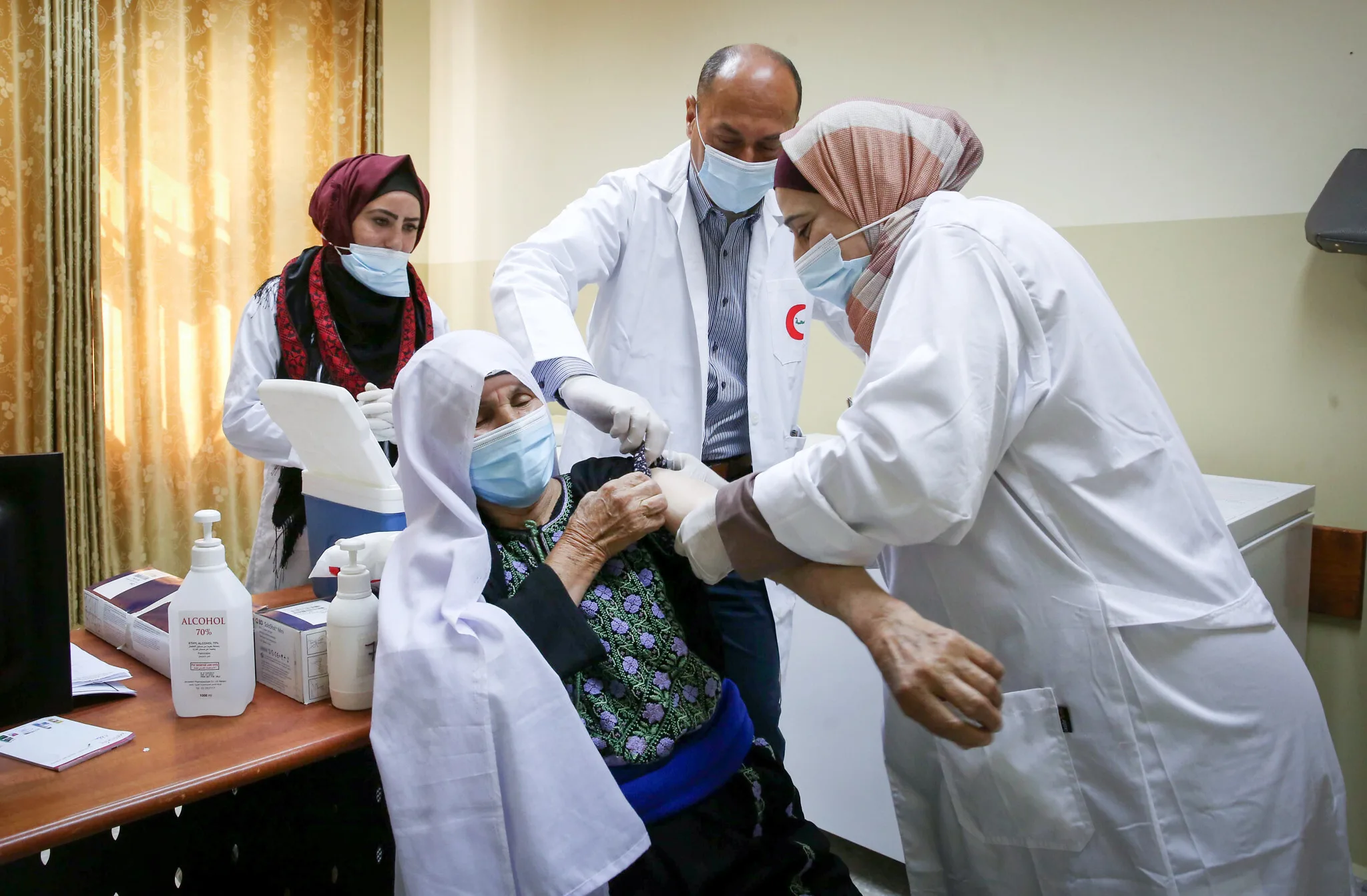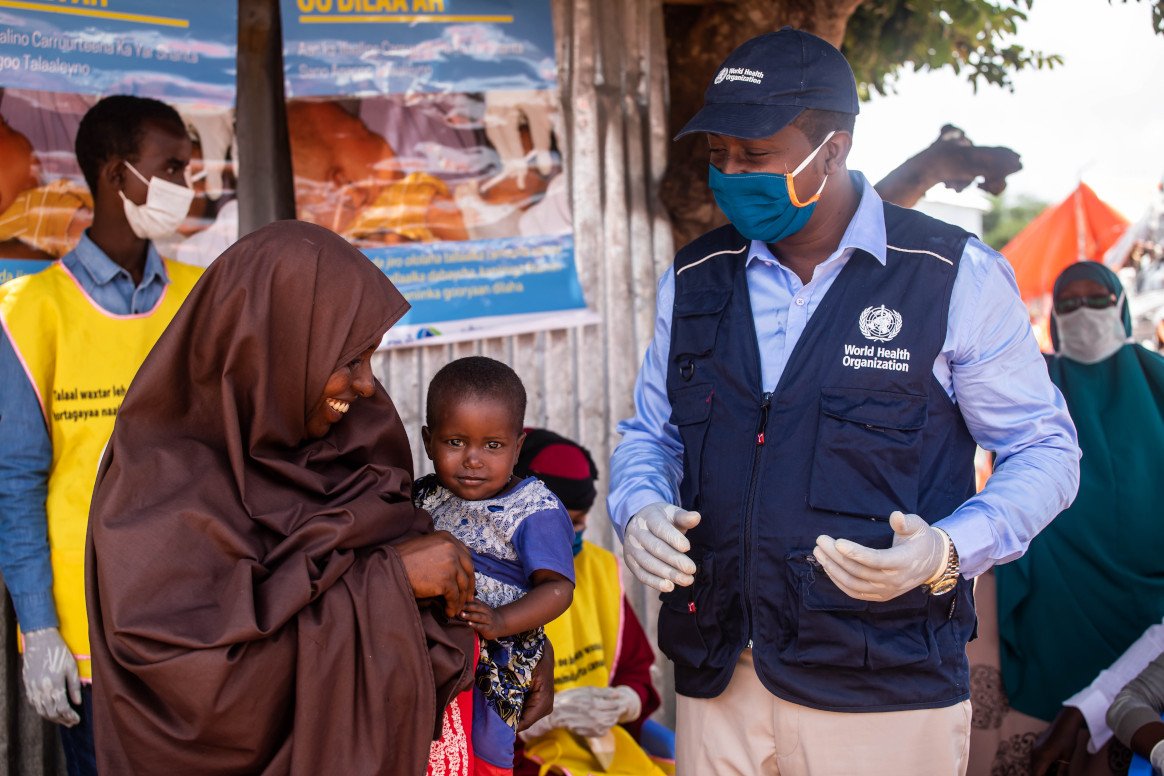The World Health Organization (WHO) announced on Wednesday that global immunisation efforts have saved at least 154 million lives over the past five decades. In a comprehensive study published in the Lancet, WHO analysed the impact of 14 vaccines used under the Expanded Programme on Immunisation (EPI), which is celebrating its 50th anniversary next month.
The study revealed that vaccines have been instrumental in reducing infant mortality by 40 percent over the past 50 years. Infants accounted for 101 million of the lives saved through immunisation, highlighting the significant contribution of vaccines to child survival.
Among the vaccines, the measles vaccine had the most significant impact, accounting for 60 percent of the lives saved due to immunisation. Additionally, the polio vaccine has prevented over 20 million people from being paralysed.
Moreover, the study found that when a child’s life is saved through vaccination, they can expect to live an average of 66 years of full health, resulting in a total of 10.2 billion full health years gained over the five decades.
Despite these achievements, efforts to ensure broader vaccine coverage face challenges from anti-vaccine movements and misinformation circulating on social media, particularly evident during the COVID-19 pandemic. WHO emphasised the importance of addressing these challenges and scaling up vaccination programmes worldwide to save millions more lives, advance equity, and create a healthier and more prosperous world.



